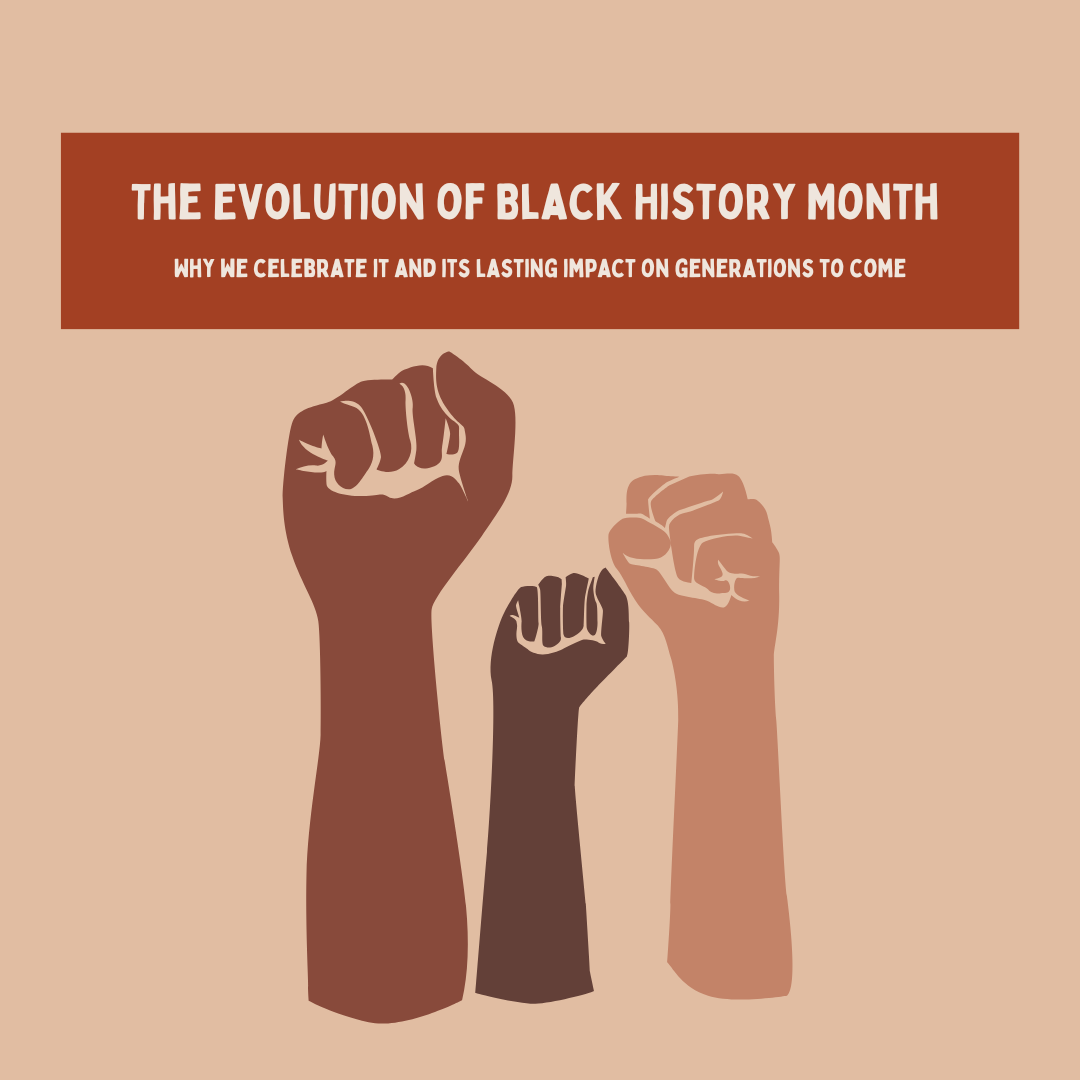Every February we celebrate the trailblazers and accomplishments of African Americans while also acknowledging their importance in U.S. history, but do you know the story behind the month and how it became what it is today?
Half a century after slavery was abolished, the Harvard-trained historian Carter G. Woodson and the prominent minister Jesse E. Moorland founded the Association for the Study of Negro Life and History which was dedicated to studying and researching the accomplishments of African Americans of that time. Now known as the Association for the Study of African American Life and History (ASALH), the group sponsored a national Negro History Week in 1926, choosing the month of February so that it falls on both Abraham Lincoln and Frederick Douglass’s birthdays. This event inspired schools and community organizers nationwide to create celebrations, host performances, and educate the public.
By the 1960s, that week turned into a month and, in 1976, President Gerald Ford officially recognized Black History Month.
Today, Black History Month is a huge celebration across the nation where we set aside time to honor the legacies of social activists and civil rights pioneers like Harriet Tubman, Sojourner Truth, Marcus Garvey, Martin Luther King Jr., Malcolm X, and Rosa Parks.
For more information, watch the video linked or listen to the podcast linked here.
How Black History Month began and how it has changed to what it is today
Works Cited:
“Black History Month 2024: Facts, Origins & Quotes.” History.Com, A&E Television Networks, www.history.com/topics/black-history/black-history-month. Accessed 29 Feb. 2024.























